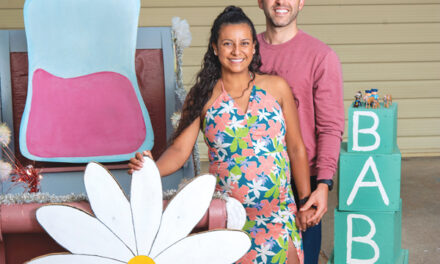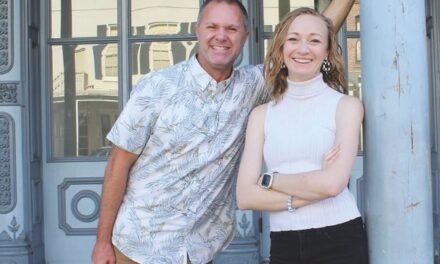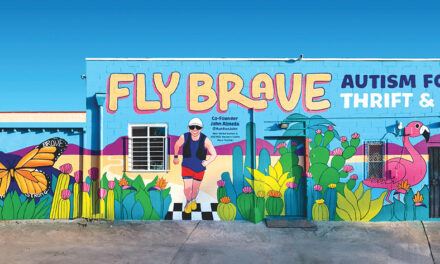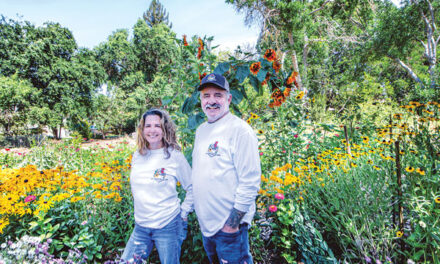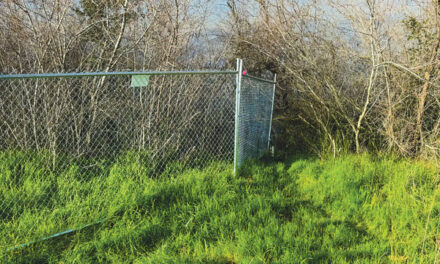The town’s favorite sports bookies didn’t wear mouse ears. They chewed toothpicks and smoked cigars. They hung out at the Bar of Music on 11th Street and Georgian’s on J Street. When those joints disappeared, they moved to Joe Marty’s on Broadway and Simon’s on 16th Street.
What would our legendary gamblers—a hall of fame led by Jackie King and Sid Tenner—think about Mickey Mouse muscling in on the action?
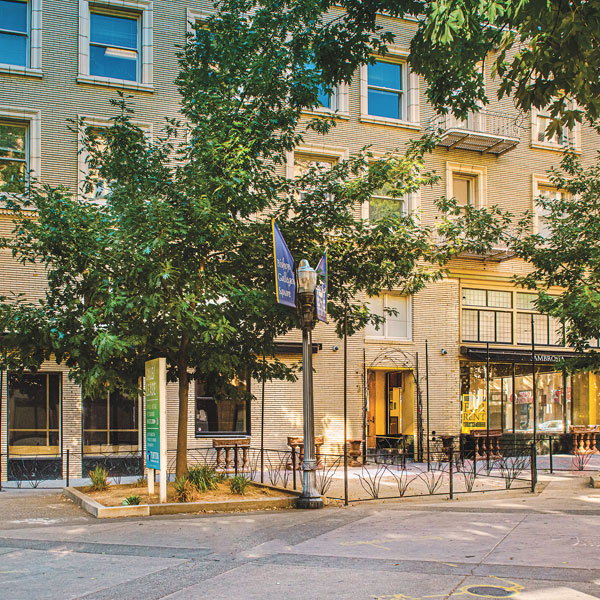
Alarmed by the implosion of its ESPN subscriber base, Walt Disney Co. figures there’s gold in the unhappiest place on earth, the universe of degenerate gamblers.
Disney is eager to build alliances with bookmakers and casinos. Imagine the Seven Dwarfs laying six-to-five odds Snow White bites the apple before she meets her prince.
In remarks inspired by greed or cynicism, Disney CEO Bob Chapek told investors he was forced to become a bookie because younger audiences “desire to have gambling as part of their sports experience.” Where do Mouseketeers go when they are old enough to shave? Caesars Palace.
Chasing Disney are California tribal casinos. They want to litter the November ballot with voter initiatives to extend their slot machine monopolies to sports betting. If you believe the Kings will lose to Golden State by eight points rather than the expected nine, an Indian casino wants your money.
On a cool Sunday morning Downtown, I thought about these sad developments when I reached 1114 11th St. This is where the Bar of Music stood, an apostate in resistance to its enduring neighbor, Cathedral of the Blessed Sacrament.
The Bar of Music was a nightclub and restaurant fronted by retired boxer Buddy Baer, who twice lost to Joe Louis. Buddy’s brother Max was world heavyweight champ in 1934.
The Baer brothers drew the crowds. The brains behind the Bar of Music belonged to Jackie King. He was either manager or owner or both, depending on who tells the story.
King had many talents. He was a student of pop culture, skilled at hiring musicians who could pack the joint. He was a boxing promoter who guided the careers of local mid-century favorites, notably West Sacramento lightweight Joey Lopes.
The kinship with prizefighters was memorialized by King’s motto: “If you can’t say anything good about somebody, knock the hell out of him.”
When King wasn’t running the Bar of Music or promoting fights at Memorial Auditorium or the L Street Arena in the West End, he was gambling. He often mixed all three passions. Bookmaking was illegal (and remains so in California). Jackie wasn’t prosecuted for making or taking a bet.
But he was proud of his relationship with the human desire for risk. His sideline was as a “representative” of Reno casinos. He organized junkets, among other things. He was the guy to know if you wanted to gamble.
Jackie died from cancer in 1968 at age 62. The late boxing impresario Don Chargin summarized his friend by saying, “Every deal I had with Jackie was on a handshake. He was a straight shooter. What he said on the telephone was better than a contract.”
Best of all, King left a protégé, a furniture salesman from Chicago who became Sacramento’s most storied boxing promoter and sports gambler of the late 20th century, Sid Tenner.
Sidney bet constantly. He won and lost a fortune. His defeats usually surpassed his victories. Asked why he gambled, he said, “I like the action, I guess.” Asked why he became a bookmaker, he said, “I got tired of losing.” He died in 2004 at age 81.
The town’s favorite gamblers were public people with grand exteriors, always visible, ready for new friendships. They would be lost today, when offshore accounts make gambling a secretive, shameful vice conducted in solitude, swipes on a smartphone.
Disney and the tribes want to crush our ability to resist sports gambling. They will bombard us with ads and propositions until we break down and make a bet.
By comparison, Jackie King and Sid Tenner were saints. They let us pick our poison. They didn’t need to advertise.
R.E. Graswich can be reached at regraswich@icloud.com. Follow us on Facebook, Twitter and Instagram: @insidesacramento.




